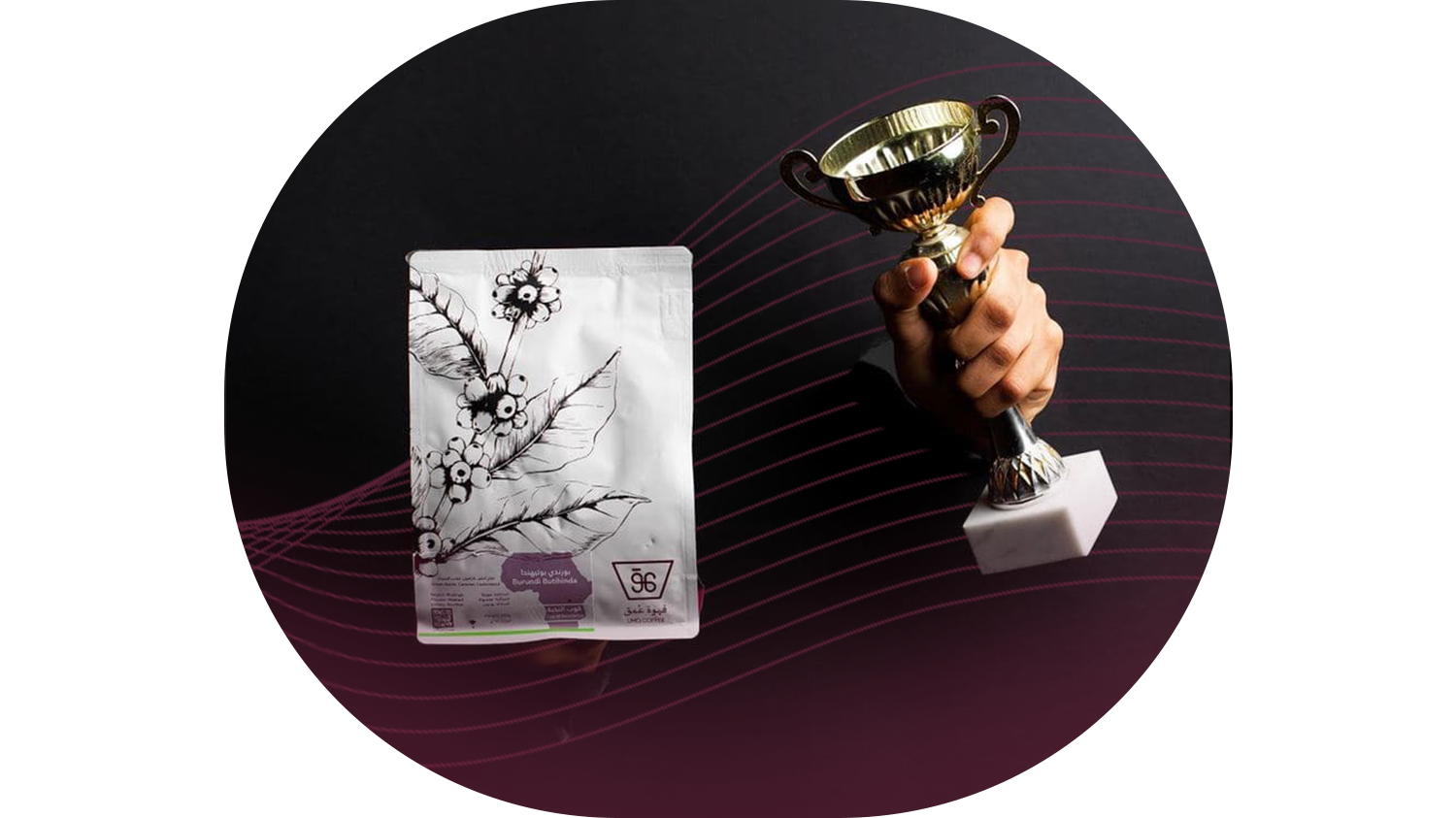Elite Cup
The beginnings of the Elite Cup were with personal diligence in 1999, in Brazil specifically. Now, after twenty years of establishment and construction, the Elite Cup competition is present in 13 coffee-producing countries, where thousands of farmers participate annually, dreaming of being crowned by naming their crop “Elite Cup”. From the start of the competition, right up to the official establishment of the Coffee Quality Association in 2002, the main leader behind the competition's procedure has been to enhance the income of the coffee grower and increase transparency in this matter.
Contest details:
The organizers of the competition make it easy for each farmer to participate, as all that is required is
is to deliver a sample of the crop at no cost, so that there is no room for tampering,
Each sample of green coffee delivered to the competition is given a number so that the details of that sample are not known
During the competition, only auditors representing a third party are responsible for the credibility.
The first stage:
At this stage, all the delivered samples are tested (as banging) through a local committee, and this committee evaluates the coffee out of 100, and the coffees that get 86 and above go to the next stage, provided that the total coffees in the second stage do not exceed 150 coffees.
The second phase:
Until the coffee comes in Participation Up to this point, the whole crop must be delivered to the Coffee Quality Association and kept in special warehouses managed by a representative third party auditor. New samples are taken from the crop transferred to the stores.
After that, all coffees are evaluated by a local committee again and coffees with 86 or more advance to the third stage with a maximum of 90 coffees.
third level:
Coffees are again evaluated by the local committee and coffees with a score of 86 and above advance to the fourth stage with a maximum of 40 coffees.
The fourth stage:
Here comes an international committee of taste experts to evaluate the remaining 40 samples and choose a maximum of 30 coffees to move to the next stage
level five:
Coffees are tested again to ensure their quality, and coffees with a score of 87 or more acquire the “Elite Cup” rating and are submitted to the online auction, and the details of those coffees are also taken so that they can be shared with the entrants in the auction and remain on the Etihad website as a reference.
Sixth stage:
In the last stage, the ten coffees with the highest score from the previous stage are evaluated again one last time to determine the top ten places.
Post-competition:
After the competition is completed, the final stage of processing and sorting is completed for the winning crops, and then they are packed into airbags, each weighing 15 kg, and samples are sent to those wishing to enter the online auction.

